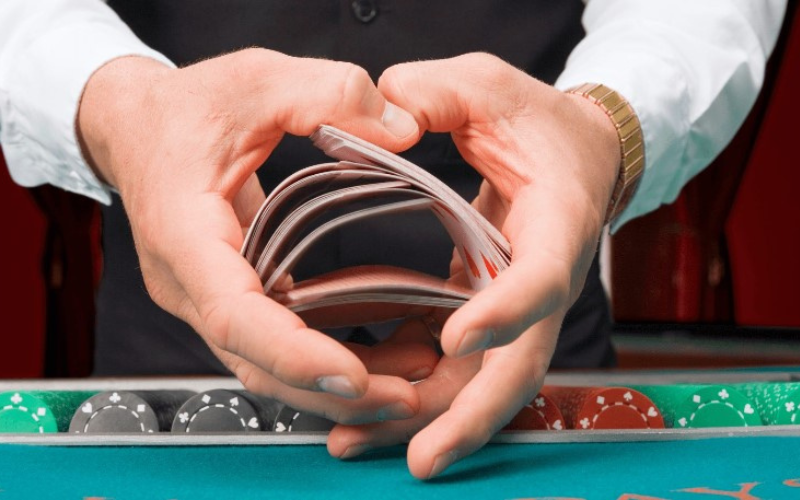Poker as an Art: The Philosophy of the Game

It’s a theater of human psychology, a battlefield of intuition and strategy, a philosophy of decision-making under uncertainty. When the cards are dealt, a dialogue of minds begins. That’s why many consider poker an art — the art of thought, composure, and mastery.
1. Emotional Control — the Foundation of Mastery
Winning in poker is not about having the best cards, but about playing them best. Like in Eastern philosophy, self-control is key. A player must stay calm, composed, and unreadable — this is the essence of victory.
2. Reading Opponents — the Art of Interpretation
Every move, pause, and glance can reveal something. Skilled players interpret behavior like artists interpret color — every nuance matters. It’s a philosophical act akin to hermeneutics.
3. Intuition and Math — the Blend of Logic and Feeling
Players deal with probabilities but often decide based on instinct. Like in art, inspiration needs technique to shine.
4. Ethics and the Philosophy of Risk
Each decision is a step into the unknown. Bluff or fold? Poker teaches responsibility, resilience, and how we deal with loss and error.
5. Bluffing as a Form of Art
Bluffing isn’t lying — it’s performance. Built on observation and timing, it’s the most refined expression of creativity in poker.
Poker reflects human nature. Every bet is a brushstroke on a canvas, and each game a mirror of who we are.

